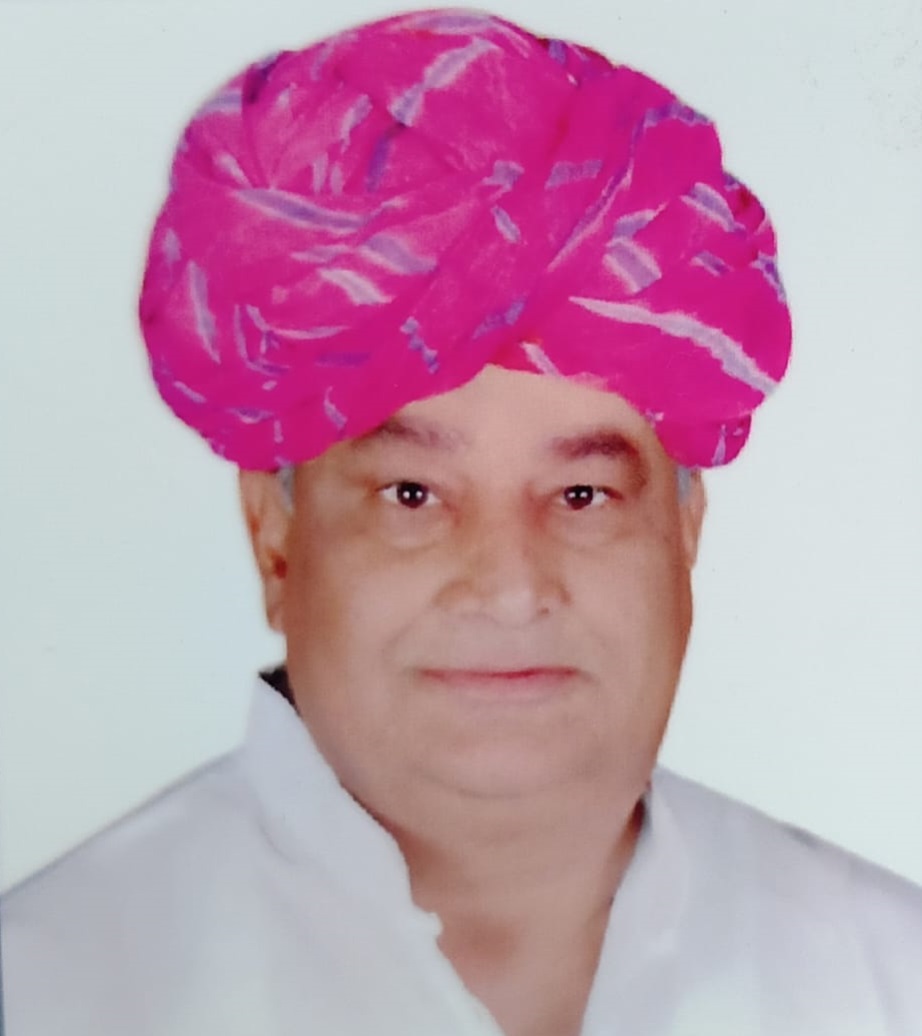Overview
NRETP will build on existing work done in intensive blocks in NRLM/NRLP and help convert the initial investments made in these blocks to be “transformed” into economic clusters. Thus the project clearly will not be starting from ground zero for both the entrepreneurship as well as the value chain agenda. The project will be supporting existing households which have started the micro-entrepreneurship pathway to graduate to become part of the economic cluster into higher size and market segment
Goal: The National Rural Economic Transformation Project will bring out economic transformation by
- Undertaking interventions in farm and non-farm inclusive value chains and enterprise development
- Promoting credit linkage, customized financial products and delivery of financial services and by
- Providing technical support to select economic clusters under Mission Antyodaya for livelihoods diversification and promotion.
NRTEP is proposed to implement in 36 blocks in 9 districts of Rajasthan, where significant progress particularly in the areas of social mobilization; institution building and mobilization of community saving, where project targets under Institution Building have been achieved. Now, the effective years of implementation is 3.5 years.
Objectives
National Rural Economic Transformation Project (NRETP) has been established to undertake the following objectives
The objective of the project is to
- Strengthen federations of SHGs
- Promote and strengthen community based market institutions and producer organizations and producer companies
- Income enhancement and livelihoods diversification for rural households
- Rural employment, skill development and enterprise promotion
- Enhance access to markets for rural producers in select farm and non-farm sectors
- Enable access to productive benefits available through the Mission Antyodaya
Component 1: Technical Support to MoRD for DAY-NRLM and Mission Antyodaya
This component includes:
- Technical support for strengthening the federations of SHGs including their sub-committees, financial management and all kinds of legal compliances.
- Technical support on identifying and targeting economic clusters for livelihoods promotion
- Developing cluster-wise livelihoods strategies in identified economic clusters
- Promoting access to Health, Nutrition and Sanitation Services through Successful linkages with “National Health Mission”; “Nutrition Mission” and “Swach Bharat Mission”
- Collaboration with PRIs and government field functionaries to promote convergent planning and acion.
Component 2: Technical Assistance to Lagging and Low-Income States
Under this component, the NRLM will provide technical assistance to 13 low income states that are currently implementing NRLP. The technical assistance will include
- Support to State Rural Livelihoods Mission that are undertaking the value chain initiatives, enterprise development and skills development initiatives to be scaled up under the project
- Support towards SRLMs towards the strengthening of the existing community institutions so that they are able to facilitate the transition of the target households to higher incomes and also enable success convergence with Mission Antyodaya.
Component 3: Promoting credit linkage, customized financial products and delivery of financial services
The objective of this component is to support key interventions to spearhead the Financial Inclusion component of DAY-NRLM with focus on
- Alternate approaches for financial inclusion
- Alternate channels for delivery of financial services to the rural poor
- Testing innovative/ new products & services and support systems
- Technology innovations for last mile connect
Component 4: Value Chain Development in the Farm and Non-Farm Sectors
The objective of this component is to mobilize small and marginal producers to generate agriculture surplus and to access efficient markets. This component includes the following three sub-components:
In the farm sector, this sub-component will focus on:
- Market linked productivity enhancement supports e.g. farmer field schools, front line demonstrations, cadre of community extension workers and paraprofessionals
- Emphasis on high-value commodities such as vegetables, milk, poultry, horticulture, fisheries, turmeric, cashew, and coffee
- Provide extension services, financial services, technology and market access opportunities
- Deliver knowledge and agro advisory and market information services
In the off-farm and non-farm sectors, this sub-component will focus on:
- Mobilize producer groups and producer companies across agriculture, livestock and the non-farm sub-sectors
- The above farmer producer organizations will be linked to private sector agribusiness companies and enterprises for better market access and to develop quality sensitivity and agro-processing related forward linkage support
- Investments will also be made in missing economic and productive infrastructure for grading, sorting, storage and warehousing for small scale local value addition and processing will be also supported under this component
Component 5: Rural Enterprise, Skill Development and Employment
This component will focus on enterprise development and enterprise financing, skill development and jobs. Objective is also to provide technical and business development services, technology upgrading branding and market development, including strategic tie-ups with marketing agencies for promoting Rural Enterprises:
- Promoting clusters of home based enterprises to encourage local processing and value addition of agriculture and rural produce
- Enterprise around Government Convergent Initiatives around SBM; Rural Transport; PMAY etc.
Component 6: Project Management and Monitoring & Evaluation
This component would facilitate overall co-ordination, implementation, and financial management, monitoring and learning of the project at the National, level. The total budget of Rs. 6645.33 Lakhs submitted by the RGAVP has been approved for the year 2019-20. Under this the tentative annual action plan for NRETP has also been approved of Rs. 4872 Lakh for the year 2019-20 with central share of Rs. 2923.20 Lakh.
 Rajasthan Government
Rajasthan Government
 Mr. Bhajan Lal Sharma
Mr. Bhajan Lal Sharma Mr. Kirodi Lal Meena
Mr. Kirodi Lal Meena